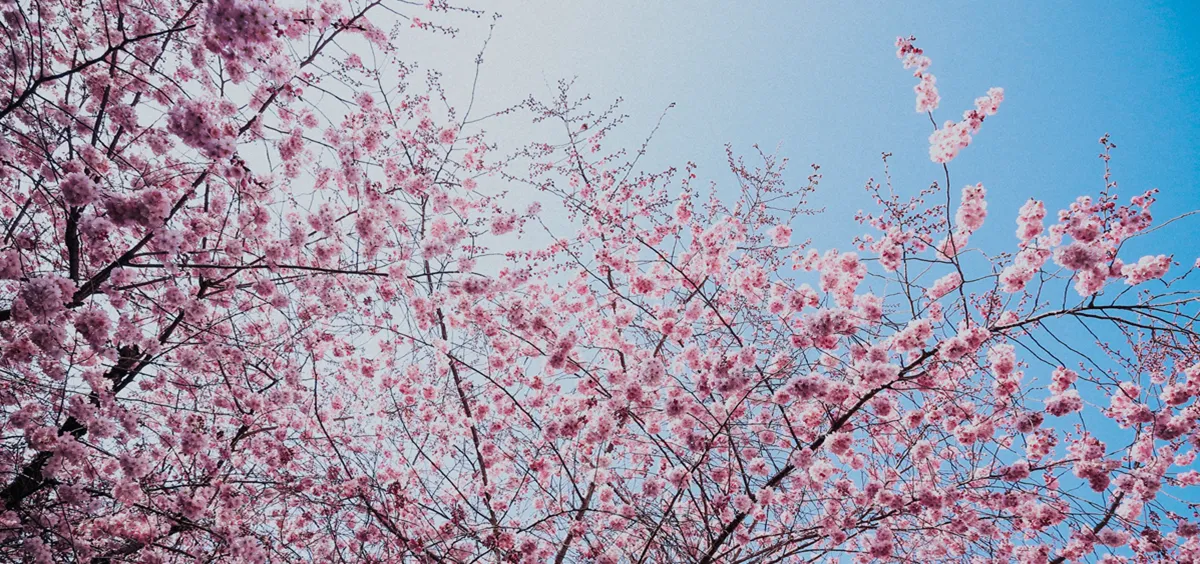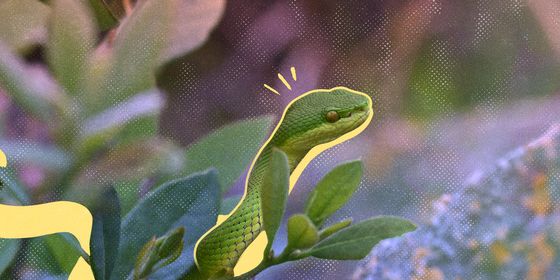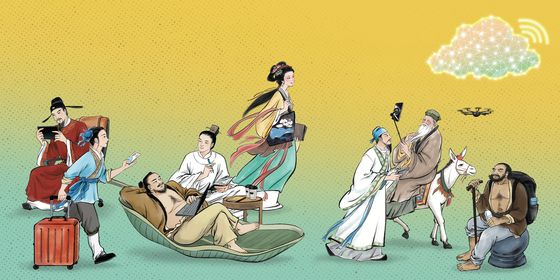Seasonal phrases for Lichun, the traditional start of spring
Despite what the thermometer may say, today is the traditional start of spring in China. The first of the “24 solar terms in the lunar calendar, Lichun (立春), or “Start of Spring,” is marked by various folk customs celebrating growth, change, and new beginnings.
In many parts of China, one celebrating Lichun by “biting the spring” (咬春): eating spring pancakes (春饼) and spring rolls (春卷) made with fresh vegetables and meat. In Beijing, the spring pancakes are typically made with stir-fried hecai, or mixed vegetables.
Another custom usually found in rural areas is “whip the spring cattle” (鞭春牛). A statue of ox made of paper, mud, or clay is beaten by farmers with a colorful club or a whip, which symbolically drives out laziness and promises to bring in a good harvest.
As a Chinese saying goes, “The whole year’s work depends on a good start in spring.” To join in on the celebration, TWOC presents to following spring-related chengyu:
春暖花开 Flowers bloom in the warmth of spring
This phrase is typically used to describe scenery, but can also be a metaphor for good timing or a joyful occasion. In 1989, the poet Haizi wrote his most famous work “Facing the Sea, With Spring Flowers Blossoming” (《面朝大海春暖花开》), the first verse of which goes:
从明天起,做一个幸福的人。
Cong míngtiān qǐ, zuò yí gè xìngfú de rén.
I will be a happy person starting tomorrow.
喂马,劈柴,周游世界。
Wèimá, pīchái, zhōuyóu shìjiè.
Feed horses, chop wood, and travel the world.
从明天起,关心粮食和蔬菜。
Cóng míngtiān qǐ, guānxīn liángshi he shūcài.
I will attend to food and vegetables starting tomorrow.
我有一所房子,面朝大海,春暖花开
Wǒ yǒu yì suǒ fángzi, miàn cháo dàhǎi, chūnnuǎn huākāi.
I have a house, facing the sea, with spring flowers blossoming.
Unfortunately, Haizi lost his battle with depression and committed suicide just three months later, but these are now considered some of the most influential lines of modern Chinese poetry.
雨后春笋 Spring up like bamboo shoots after spring rain
Apart from flowers, bamboo shoots also symbolize spring. The meaning of this idiom is similar to “growing like mushrooms” in English.
As the tourist industry flourishes, travel agencies spring up like bamboo shoots.
Suízhe lǚyóuyè de fánróng, lǚxíngshè xiàng yǔhòu chūnsǔn yíbān de fāzhǎn qǐlái.
随着旅游业的繁荣,旅行社像雨后春笋一般地发展起来。
春风化雨 Life-giving spring breeze and rain
This chengyu refers to the spring weather that nourishes grass and trees, and is usually a metaphor for the nurturing influence of education or teachers. In Taiwan, the title of the 1989 movie Dead Poets Society was translated into this phrase.
I wanted to continue studying in this nurturing environment, but had to transfer to another school.
Wǒ běn xiǎng zài zhège chūnfēng huàyǔ de huánjìng li xuéxí gèngduō, dàn què búdébù zhuánxué le.
我本想在这个春风化雨的环境里学习更多,但却不得不转学了。
寸草春晖 The grass cannot repay the spring sunshine for its warmth
“How could the grateful humble grass, ever repay the kindness of the generous sunshine in the spring? (谁言寸草心,报得三春晖 shuí yán cùncǎo xīn, bào dē sānchūn huī),” Tang dynasty poet Meng Jiao asked in “A Traveler’s Song.” The poem gave rise a chengyu meaning “one can never fully repay the kindness of one’s parents.”
春兰秋菊 Spring orchids and autumn chrysanthemums
Both the orchid and the chrysanthemum are beloved in Chinese culture, and nicknamed as the “four gentlemen” together with the plum blossom and bamboo. This chengyu means that every person and object has a unique charm.
She is good at calligraphy, while her sister excels at painting; like spring orchids and autumn chrysanthemums, everyone has their own talent.
Tā shàncháng shūfǎ, tā jiějie jīngyú huìhuà, kěwèi shì chūnlán qiūjú, gèshàn shèngcháng.
她擅长书法,她姐姐精于绘画,可谓是春兰秋菊,各擅胜场。
春蛙秋蝉 The croak of frogs in spring and chirp of cicadas in autumn
This chengyu sounds similar to the above, but the connotations are completely different. Frogs and cicadas are both known for making loud and persistent noises, so this phrase is pejorative, meaning “loud but empty talk.”
This long speech is like the croak of frogs in spring and chirps of cicadas in autumn: utterly meaningless.
Zhè zhǒng chūnwā qiūchán de chángpiān dàlùn zhēnde háowú yìyì.
这种春蛙秋蝉的长篇大论真的毫无意义。
Cover image from pexels.com












